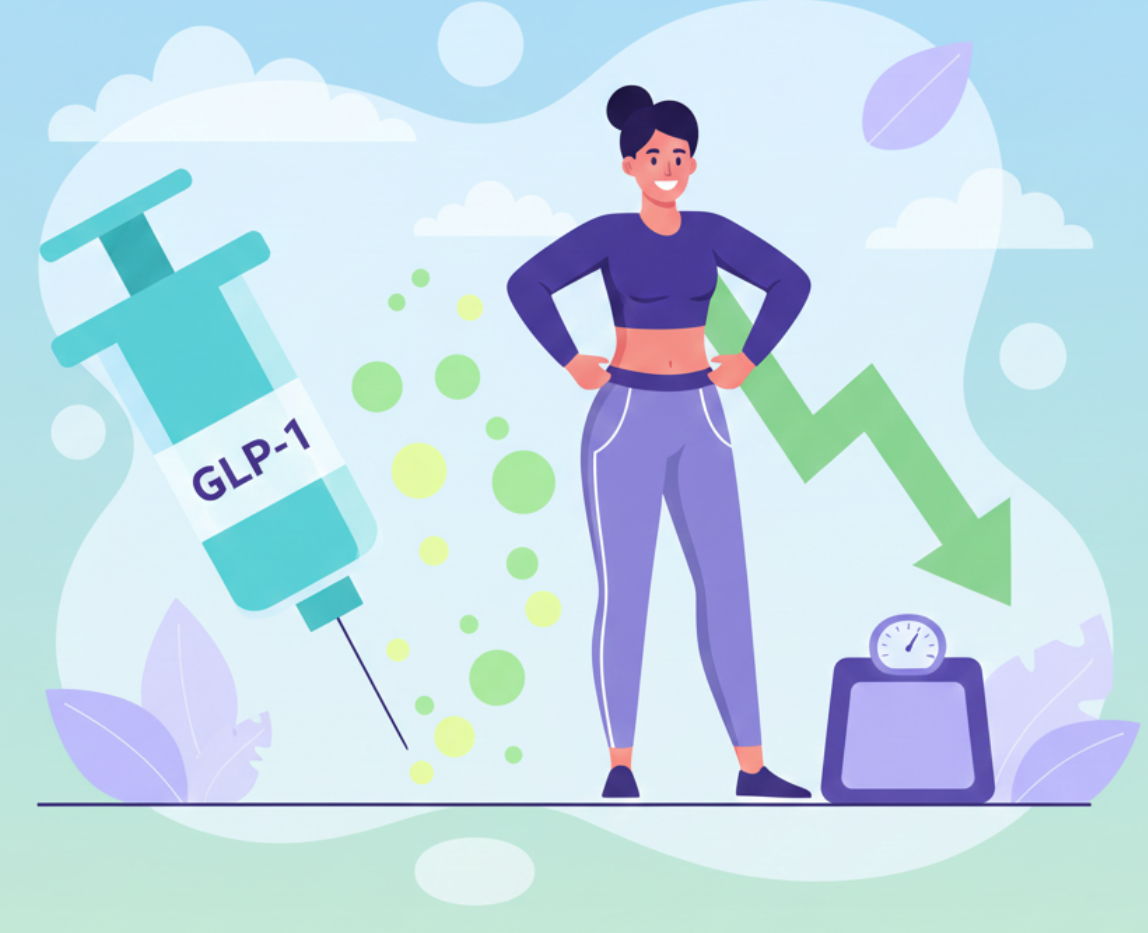
Common Pre-Employment Medical Tests Required by Most Employers to Ensure a Smooth Hiring Process
Learn about the most common pre-employment medical tests and prepare for these tests to ensure a smooth hiring process and maintain a safe workplace environment.
Before starting a new job, employers often require pre-employment medical testing to ensure that prospective employees are the right fit for the role and to maintain a safe work environment. These tests can vary depending on the industry and specific job requirements. Learn the most common types of pre-employment medical testing so you can ensure a smooth hiring process.
1. Drug Test
Drug testing is a critical part of pre-employment because it helps maintain a safe and productive work environment. Employers use drug tests to detect the presence of illegal substances or the misuse of prescription drugs. Common types of drug tests include:
- Urine Test: The most common form of drug testing, which can detect recent drug use.
- Blood Test: Provides information on the current level of impairment but is less commonly used due to its invasive nature.
- Saliva Test: Detects drug use within the past few hours to a couple of days and is less invasive.
- Hair Test: Can detect drug use over a longer period, typically up to 90 days, but may not show recent use.
2. Tuberculosis (TB) Test
Tuberculosis is a contagious bacterial infection that primarily affects the lungs. To prevent its spread in the workplace, a TB test is commonly required.
- The Quantiferon-TB Gold (TB Test), also known as Quantiferon-TB Gold Plus, or a TB blood test, helps detect hidden tuberculosis infections. By making sure that new employees are tested for TB, companies protect their workers from getting the disease and keep the workplace safe. Also, TB blood test helps find and treat TB early, which stops it from spreading in the workplace and beyond.
3. Vision and Hearing Tests
Certain jobs require optimal vision and hearing abilities. These tests ensure that candidates can perform their duties safely and effectively.
- Vision Test: Assesses visual acuity, color vision, and peripheral vision.
- Hearing Test: Evaluates the ability to hear various frequencies and tones, often using an audiometer.
4. Blood Tests
Blood tests can provide a wealth of information about an individual’s health status. Common blood tests include:
- Complete Blood Count (CBC): Measures different components of the blood, such as red and white blood cells, hemoglobin, and platelets.
- Cholesterol and Lipid Panel: Evaluates the levels of cholesterol and triglycerides to determine cardiovascular health.
5. General Health Examination
A basic physical examination is often the first step in pre-employment medical testing. This exam typically includes:
- Vital Signs Check: Blood pressure, heart rate, respiratory rate, and temperature.
- Medical History Review: Discussion of past medical conditions, surgeries, medications, and family health history.
- Physical Examination: Assessment of the overall physical condition, including heart, lungs, abdomen, and neurological health.
Conclusion
Pre-employment medical testing is a crucial part of the hiring process, ensuring that candidates are fit for the job and that the work environment remains safe for all employees. Understanding these tests can help you prepare and alleviate any concerns you may have. Always consult with your healthcare provider if you have specific health conditions that may affect your test results. If you are ready to get started, LabFinder understands the importance of pre-employment testing and gives patients the tools they need to take charge of their own health. Early detection and preparation is key, so talk to your doctor about what tests are right for you, or use MinuteMed to receive doctor’s oversight.





LabFinder Editorial Team
The LabFinder Editorial Team is behind The Illuminator and The Insider, LabFinder’s consumer and business blogs.
Dr.Robert Segal
Dr. Segal is CEO and co-founder of LabFinder, as well as a board-certified cardiologist. He began practicing medicine in 2002 and has founded several businesses, including Medical Offices of Manhattan and Manhattan Cardiology.